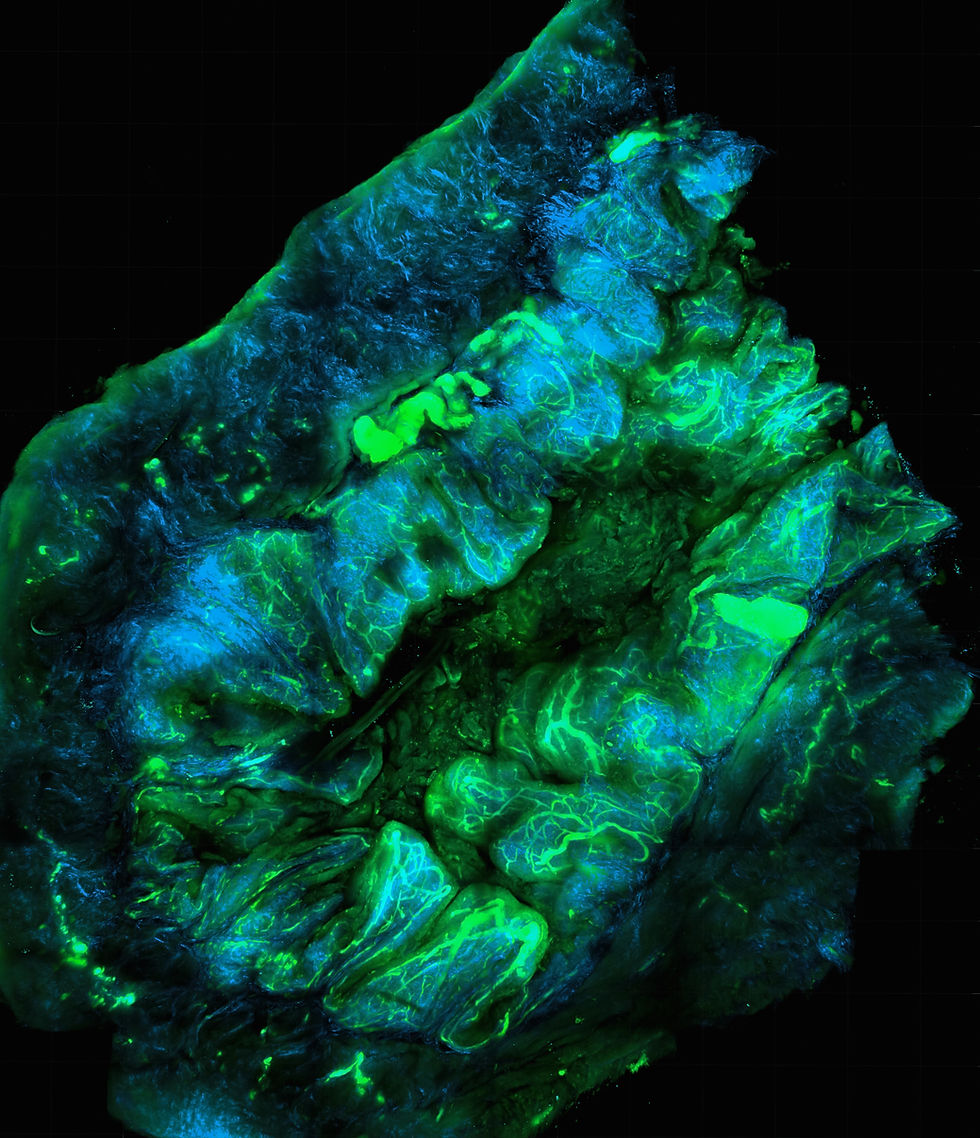LGSOC Cancer Treatment FDA Fast Tracked
- Terri Conneran KRAS Kickers

- May 8, 2025
- 3 min read

🩺 What is LGSOC Cancer?
Low-Grade Serous Ovarian Cancer (LGSOC) is a rare, slow-growing type of ovarian cancer. It starts in the cells lining the ovaries, fallopian tubes, or peritoneum (the inner lining of the abdomen). Unlike the more common high-grade serous ovarian cancer, LGSOC tends to grow more slowly and usually affects younger women, often under age 55.
🧭 What to Ask Your Doctor
This fast track treatment option underscores the importance of tumor biomarker testing. Some tumors have KRAS, BRAF, or other mutations.
LGSOC Treatment FDA Fast Tracked
On May 8, 2025, the Food and Drug Administration granted accelerated approval to the combination of avutometinib and defactinib (Avmapki Fakzynja Co-pack, Verastem, Inc.) for adult patients with KRAS-mutated recurrent low-grade serous ovarian cancer (LGSOC) who have received prior systemic therapy. Full prescribing information for Avmapki Fakzynja Co-pack will be posted on Drugs@FDA.
Efficacy was evaluated in RAMP-201 (NCT04625270), an open-label, multicenter trial that included 57 adult patients with measurable KRAS-mutated recurrent LGSOC. Patients were required to have received at least one prior systemic therapy, including a platinum-based regimen. KRAS mutation status was determined by prospective local testing of tumor tissue. Patients received avutometinib 3.2 mg orally twice weekly (Day 1 and Day 4) and defactinib 200 mg orally twice daily, both taken for the first 3 weeks of each 4-week cycle until disease progression or unacceptable toxicity.
The major efficacy outcome measure was overall response rate (ORR) assessed by blinded independent review committee according to RECIST v1.1. An additional efficacy outcome measure was duration of response (DOR). Confirmed ORR was 44% (95% CI: 31, 58) and the DOR range was 3.3 months to 31.1 months.
The most common adverse reactions (≥25%), including laboratory abnormalities, were increased creatine phosphokinase, nausea, fatigue, increased aspartate aminotransferase, rash, diarrhea, musculoskeletal pain, edema, decreased hemoglobin, increased alanine aminotransferase, vomiting, increased blood bilirubin, increased triglycerides, decreased lymphocyte count, abdominal pain, dyspepsia, dermatitis acneiform, vitreoretinal disorders, increased alkaline phosphatase, stomatitis, pruritus, visual impairment, decreased platelet count, constipation, dry skin, dyspnea, cough, urinary tract infection, and decreased neutrophil count.
The recommended avutometinib dose is 3.2 mg (four 0.8 mg capsules) taken orally twice weekly (Day 1 and Day 4) for the first 3 weeks of each 4-week cycle until disease progression or unacceptable toxicity. The recommended defactinib dose is 200 mg (one tablet) taken orally twice daily for the first 3 weeks of each 4-week cycle until disease progression or unacceptable toxicity.
The RAMP-201 (NCT04625270) is active not recruiting. This review used the Real-Time Oncology Review (RTOR) pilot program, which streamlined data submission prior to the filing of the entire clinical application, and the Assessment Aid, a voluntary submission from the applicant to facilitate the FDA’s assessment.
Disclaimer:
This information is provided for educational purposes only this is not an endorsement, and does not constitute medical advice.
Clinical trials are research studies and may not be appropriate for everyone. Participation involves risks and benefits that should be carefully discussed with your healthcare provider.
KRAS Kickers is a patient-led nonprofit organization that shares publicly available research to empower patients and caregivers. We do not endorse specific treatments or clinical trial participation without the guidance of a licensed medical professional. KRAS Kickers is the hub of KRAS Cancer Knowledge Research Advocacy Survivorship.







